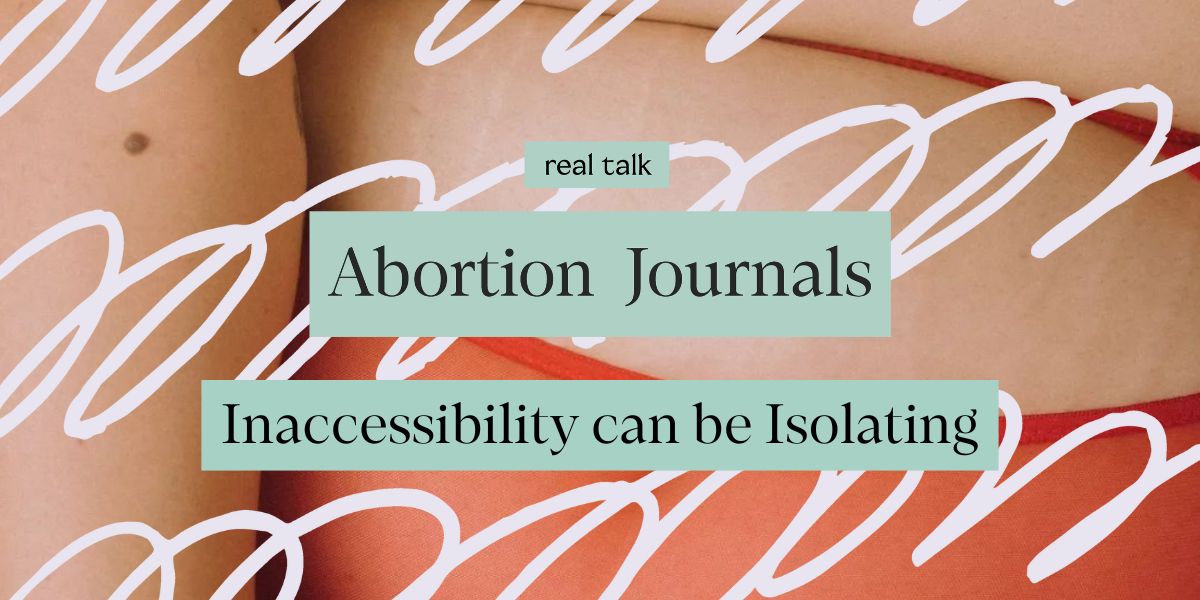Can I take the morning-after pill while breastfeeding?

If you currently have a breastfeeding child and aren’t ready for another child, you may be wondering whether you can safely use the morning-after pill while breastfeeding. In this article, we’ll learn about the side effects taking emergency contraception may have on breastmilk and breastfeeding. Plus, you’ll find out whether the morning-after pill can pass from your breastmilk to your child and what it can do.
The morning-after pill and breastfeeding
After your baby is born, your doctor may advise you to avoid sex until after the 6-week checkup. During this time, if you have sex without birth control or a barrier method, you may need to use emergency contraception to prevent pregnancy if you’re not looking to get pregnant at that time.
Is it safe to take the morning-after pill while breastfeeding?
In general, emergency contraceptives containing the hormone levonorgestrel (like Restart™, Plan B One-Step, My Way, AfterPill) and other progestin-only birth control pills won’t cause any harm to you or your baby while breastfeeding. Plan B or other progestin-only pills won’t cause any harm to you or your baby. Any effects from emergency contraception are temporary.
Other birth control methods you can use while breastfeeding include:
Shop the article
The mini-pill
The mini-pill is a progestin-only birth control method. Progestin does not affect your milk supply.
A copper intrauterine device (IUD)
The copper IUD doesn’t contain any hormones, and thus does not impact your milk supply. However, there’s a possibility that your body will push the device out of place if you get it inserted too close to childbirth. Reduce the chance of this occurring by waiting 6 weeks before getting an IUD inserted.
A hormonal IUD
A hormonal IUD contains progestin and shouldn’t impact your milk supply. Similar to the copper IUD, it may be better to wait 6 weeks after childbirth before insertion to reduce the chances of your body expelling the device from your uterus.
Implants
Implants only contain the hormone progestin, so this birth control method shouldn’t impact your milk supply.
Injections
Injections such as Depo Provera, do not impact your milk supply
Condoms
Use condoms with spermicide to further reduce your chances of getting pregnant.
Cervical cap & Diaphragm
During childbirth, your body may change in size and shape. This change may impact how a diaphragm or cervical cap fits. Knowing that it will take some time for your body to return to normal after childbirth, it’s recommended that you wait at least 6 weeks to make sure you get the right diaphragm. If you had a diaphragm or cervical cap before, ask your primary care provider if it still fits properly. A change in size may be needed for proper fit.
Your primary care provider may recommend waiting six weeks after childbirth before using birth controls like the patch or vaginal ring. These methods contain estrogen and progestin, and estrogen may affect milk supply and could be less safe for your baby.
Side effects of taking the morning-after pill while breastfeeding
Estrogen may reduce milk production. Because of this, your doctor may recommend progestin-only birth control options. The morning-after pill available without a prescription is a progestin-only birth control method, so it does not reduce your milk production. However, this form of emergency contraception isn’t recommended as your primary birth control. After using the morning-after pill, you can expect side effects such as:
- Breast tenderness
- Fatigue
- Dizziness
- Nausea
- Vomiting
- Abdominal pain or cramps
- Changes to your next menstrual cycle - heavier bleeding or bleeding between periods
It’s okay to take things slower or easier than usual for a couple of days after taking emergency contraception. To try and minimize any discomfort, stay hydrated and listen to your body about activity levels (rest when necessary).
Does the morning-after pill affect breastmilk?
According to LactMed, a database dedicated to discussing how certain drugs may impact breastmilk, the morning-after pill will not negatively affect:
- Your baby’s growth or development
- Your milk supply
- The composition of your breastmilk
On the other hand, a small number of reports have claimed that the morning-after pill may reduce milk production, even though it doesn’t contain estrogen. It’s unclear whether other factors lead to this result.
Can the morning-after pill affect your baby?
Although some hormones may pass into your breastmilk, levonorgestrel emergency contraception pills that are available over-the-counter shouldn’t harm your baby. However, the effects of ulipristal acetate (the active ingredient in the prescription morning-after pill, ella®) are unknown. Manufacturers of ella® currently recommend avoiding breastfeeding for a week after taking the medication. During this time, you may prefer to pump and dump (stimulating lactation and discarding all the breast milk). There’s no evidence that such action is necessary after taking Plan B, but it is an option if it makes you more comfortable.
Questions? For additional questions about how the morning-after pill may affect you or your breastfeeding child, we encourage you to reach out to your primary care provider or a lactation consultant for additional support.
Keep Reading

Can I take the morning-after pill if I'm on birth control?
4/18/23 • 4 minutes

Sex ed resources for your grown-up life
Sep 8

Is there a connection between breastfeeding and fertility?
Feb 24 • 2 minutes













